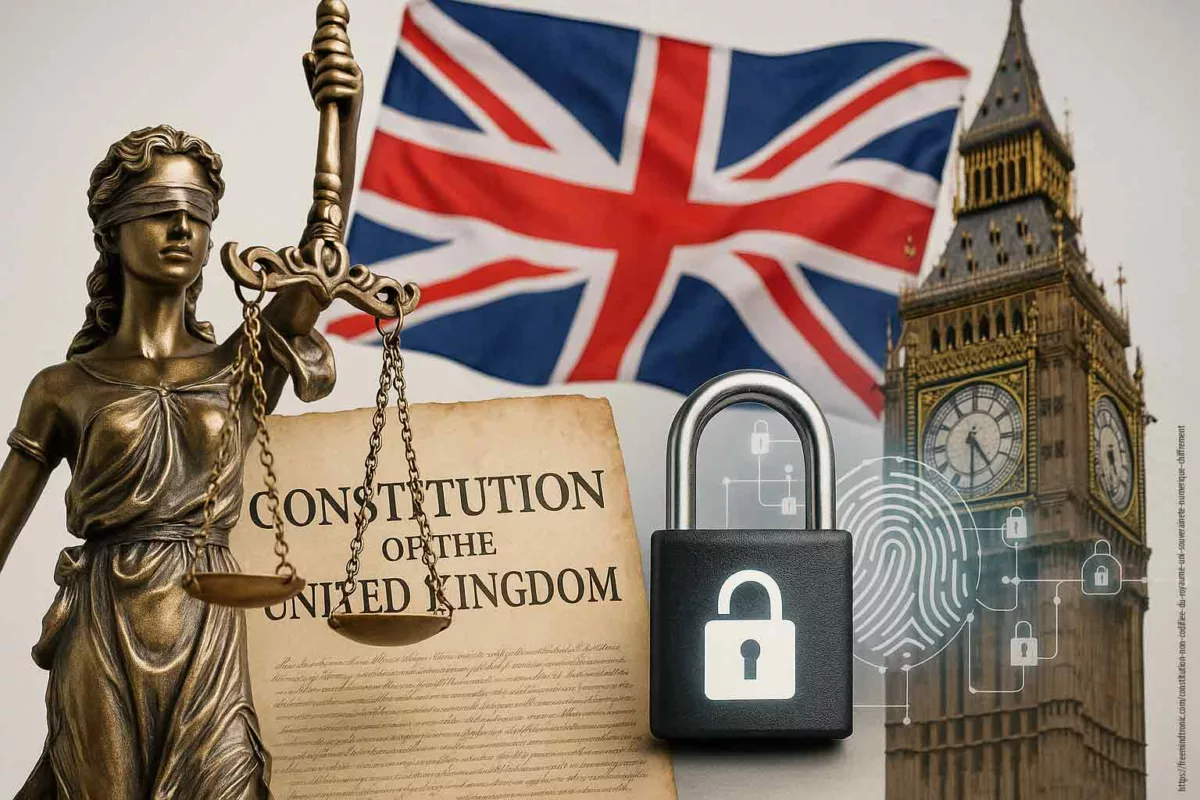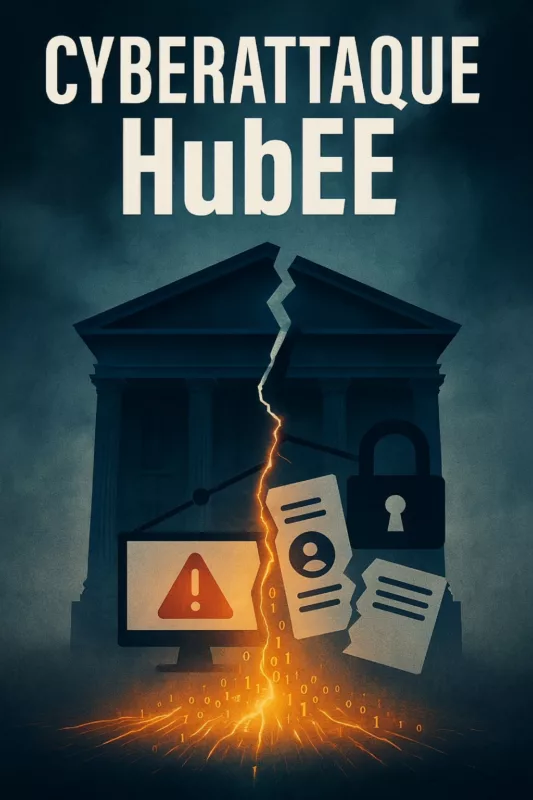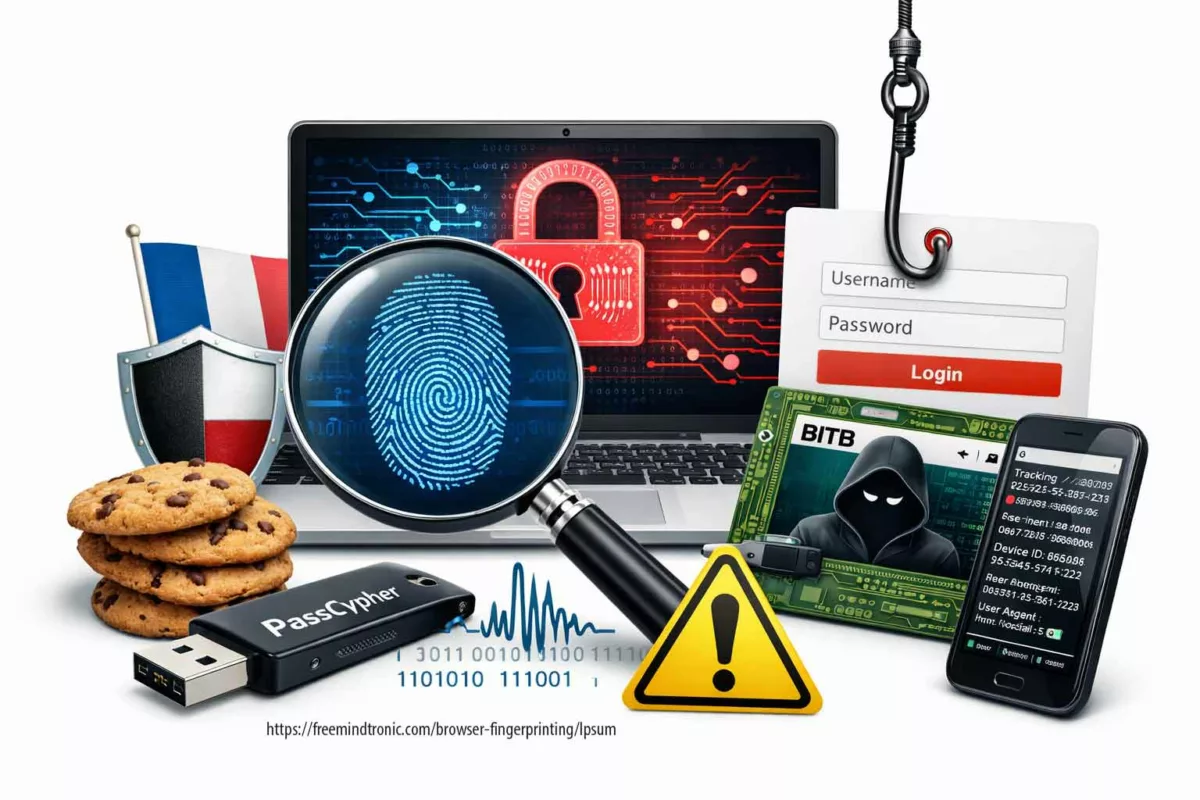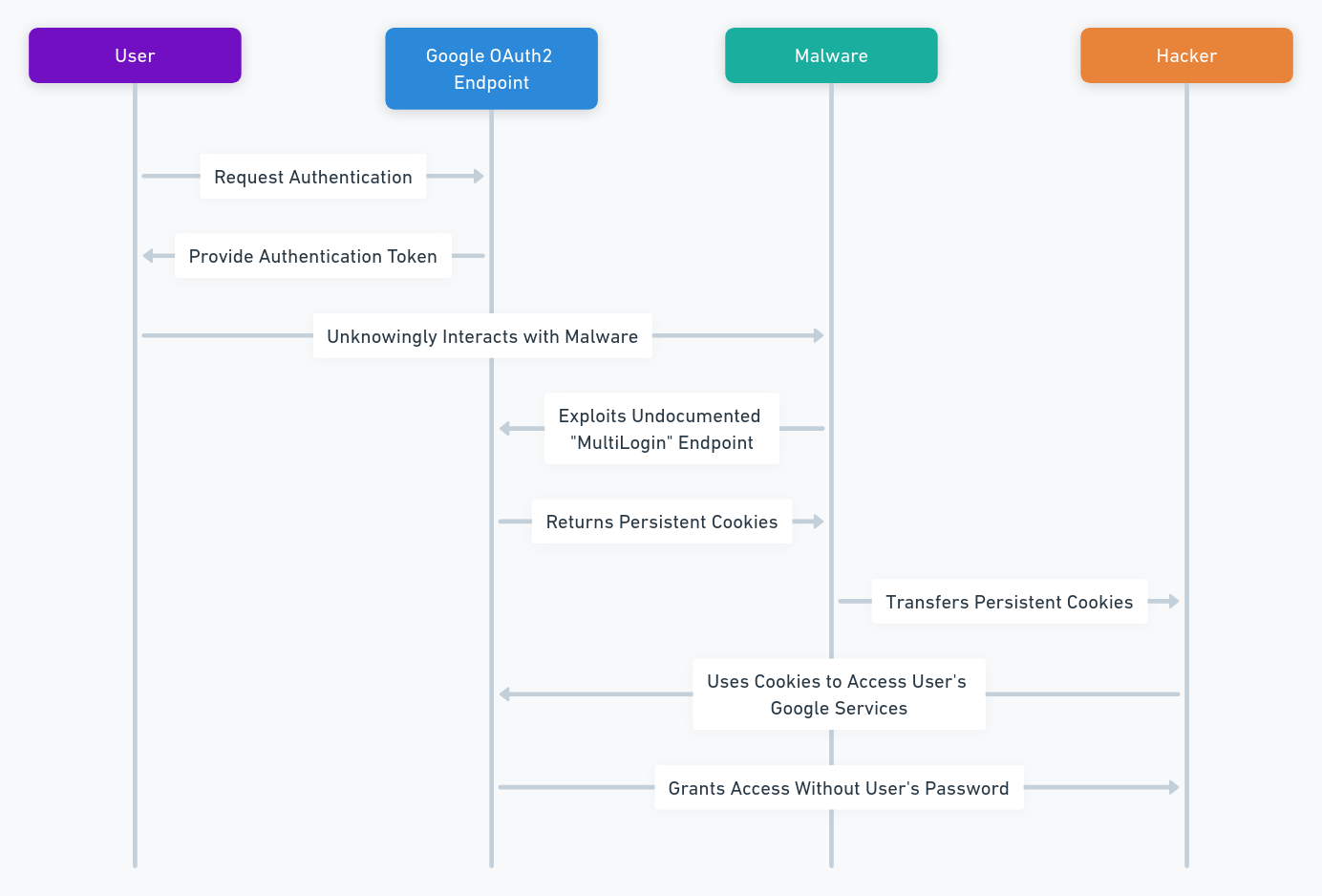French Surveillance: Data Sharing and Hacking Concerns
French surveillance practices include data-sharing with the NSA and state hacking activities. These raise pressing privacy and legal concerns. Without robust oversight, these actions risk undermining democratic values and citizens’ trust. This complicates balancing national security and personal freedoms in the digital era. Join the conversation on the evolving balance between national security and individual freedoms. Discover actionable reforms that could shape the future of digital governance.
A Growing Threat to Privacy
Social media platforms like Facebook and X are critical tools for public discourse. They are also prime targets for intelligence monitoring, further complicating oversight.
French intelligence’s surveillance practices face increasing scrutiny due to significant oversight gaps. Recent reports reveal significant gaps in oversight, allowing these agencies to monitor social media platforms like Facebook and X (formerly Twitter) without robust legal frameworks. Concerns about privacy, state accountability, and democratic safeguards are escalating. Moreover, these operations extend to international data-sharing agreements and advanced hacking activities, raising further questions about the ethical implications of mass surveillance in a democratic society.
As these concerns grow, understanding the legal and ethical challenges of oversight becomes essential.
A Systemic Lack of Oversight in French Digital Surveillance
French intelligence agencies rely on vague legal provisions to justify mass surveillance activities. These operations often bypass judicial or legislative scrutiny, leaving citizens vulnerable. For instance, the Commission nationale de contrôle des techniques de renseignement (CNCTR) identified major failings in its June 2024 report, including:
- Retaining excessive amounts of data without justification.
- Transcribing intercepted communications unlawfully.
These practices highlight a lack of transparency, especially in collaborations with foreign entities like the (National Security Agency). A Le Monde investigation revealed that the DGSE (Direction Générale de la Sécurité Extérieure) has transmitted sensitive data to the NSA as part of intelligence cooperation. The collaboration between the DGSE and the NSA highlights the lack of transparency in international data-sharing agreements. This data-sharing arrangement, criticized for its opacity, raises concerns about the potential misuse of information and its impact on the privacy of French citizens. (Source: Le Monde)
Advocacy groups, including La Quadrature du Net (LQDN), have called for urgent reforms to address these issues and safeguard citizens’ rights. (LQDN Report)
The Role of CNCTR in French Digital Surveillance
The Commission Nationale de Contrôle des Techniques de Renseignement (CNCTR), established in 2015, serves as the primary independent oversight body for surveillance practices in France. Every technique employed by intelligence services—whether it involves wiretapping, geolocation, or image capture—requires a consultative opinion from this commission before receiving final approval from the Prime Minister.
According to Serge Lasvignes, CNCTR president since 2021, this oversight is crucial in limiting potential abuses. In an official statement, he asserted:
“The law is now well understood and accepted by the services. Does this fully prevent deviations from the legal framework? No. But in such cases, the Prime Minister’s legal and political responsibility would clearly be engaged.”
This declaration highlights the need to strengthen both legislative frameworks and political accountability to prevent misconduct.
For instance, in 2022, the CNCTR intervened to revise proposed geolocation practices that lacked sufficient safeguards, showcasing its importance as a counterbalance to unchecked power.
In its June 2024 report, the CNCTR also identified critical failings, such as excessive data retention and the unlawful transcription of intercepted communications. While most of its recommendations are adhered to, the commission remains concerned about the opacity of international collaborations, including data-sharing agreements with the NSA.
For further information on the CNCTR’s role and reports, visit their official website.
Impact on Society: Real-World Examples
The societal effects of unchecked French digital surveillance are vast and troubling. Here are key examples:
| Case | Description | Implications |
|---|---|---|
| Yellow Vest Movement | Authorities digitally profiled activists, raising concerns about suppressing political dissent. | Reduced trust in government institutions and limitations on free expression. |
| Terror Investigations | Monitoring social media helped thwart attacks but revealed accountability gaps. | Increased risks of misuse, particularly against marginalized groups. |
| Public Figures | Journalists and influencers faced unwarranted surveillance. | Threats to press freedom and public discourse. |
| Whistleblower Case | A whistleblower reported intercepted encrypted communications, prompting legal challenges. | Showcases the misuse of surveillance tools against individuals. |
An Expanding Scope of Surveillance
According to the 2023 annual report by the Commission Nationale de Contrôle des Techniques de Renseignement (CNCTR), 24,209 individuals were placed under surveillance in France in 2023. This marks a 15% increase compared to 2022 and a 9% rise from 2019. The report highlights a significant shift in priorities: the prevention of delinquency and organized crime has become the primary reason for surveillance, surpassing counter-terrorism efforts. This trend raises critical questions about the impact on individual freedoms and the urgent need for enhanced regulatory oversight.
Surveillance Trends: Key Figures at a Glance
The CNCTR’s latest findings underscore the significant expansion of surveillance practices in France. For instance:
“15% increase in surveillance activities in 2023 compared to 2022.”
“24,209 individuals were surveilled in France last year—raising critical questions about privacy and oversight.”
These statistics highlight the urgency of addressing the balance between national security and individual freedoms. As surveillance trends evolve, these figures serve as a stark reminder of the potential implications for democratic safeguards and personal privacy.
Targeting Vulnerable Groups: A Hidden Cost of Surveillance
While surveillance aims to ensure societal security, its impact on vulnerable groups—especially journalists, activists, and marginalized communities—raises critical ethical and human rights concerns. These groups are disproportionately subjected to invasive monitoring, exposing them to significant risks.
Journalists Under Threat
Investigative reporters often face unwarranted surveillance, threatening press freedom and undermining their ability to hold power accountable. The Pegasus Project, spearheaded by Amnesty International, revealed how governments misuse spyware like Pegasus to monitor human rights defenders, political leaders, journalists, and lawyers unlawfully. Such practices jeopardize not only individual safety but also the broader democratic fabric. (Source: Amnesty International)
Activists and Human Rights Defenders
Surveillance tools are frequently deployed to suppress dissent and intimidate human rights advocates. Authoritarian regimes exploit advanced technologies and restrictive laws to silence civic movements and criminalize activism. The Internews Civic Defenders Program highlights the increasing use of digital repression against activists, aiming to counteract these oppressive practices. (Source: Internews)
Marginalized Communities and Algorithmic Bias
Certain demographics, including individuals from diverse ethnic or religious backgrounds and those identifying as LGBTQ+, are often disproportionately affected by profiling and algorithmic bias. Surveillance disproportionately targets these groups, exacerbating existing inequalities. A report from The Century Foundation underscores how marginalized communities are subjected to coercive monitoring that is rarely applied in affluent areas, further entrenching systemic disparities. (Source: The Century Foundation)
Advocacy for Equitable Surveillance Practices
Organizations like Amnesty International continue to expose the human rights violations perpetrated through covert cyber surveillance. Their research emphasizes the urgent need for regulatory reforms to address the global spyware crisis and ensure equitable surveillance practices. (Source: Amnesty International)
The Role of Advocacy in Amplifying Awareness
NGOs like Amnesty International and La Quadrature du Net consistently expose the societal impacts of surveillance, urging the adoption of privacy-first policies through public reports and awareness campaigns.
The Call for Change
The disproportionate targeting of these vulnerable groups highlights the critical need for ethical oversight and accountability in surveillance practices. Balancing security needs with respect for privacy and human rights is not just a legal obligation but a moral imperative.
Public Perception of French Digital Surveillance
A recent survey highlights public concerns:
| Survey Question | Response | Percentage |
|---|---|---|
| Do you believe surveillance protects privacy? | Yes | 28% |
| Do you support stricter oversight? | Yes | 72% |
| Are you aware of GDPR protections? | No | 65% |
These findings underscore the necessity of raising awareness and ensuring transparency in how surveillance operations align with citizens’ rights.
Chronology of French Surveillance Developments
French digital surveillance has evolved significantly over time. Here’s a timeline of key events:
| Year | Event | Significance |
|---|---|---|
| 2001 | U.S. Patriot Act introduced | Established mass digital surveillance; influenced global approaches to intelligence. |
| 2015 | France expanded surveillance powers after terror attacks. | Allowed broader interception of digital communications. |
| 2018 | Introduction of GDPR in the European Union | Strengthened personal data protections but revealed gaps in intelligence operations compliance. |
| 2024 | CNCTR report highlighted illegal practices in French surveillance. | Exposed excessive retention and transcription of intercepted data. |
These cases illustrate how unchecked surveillance can lead to societal and legal challenges, particularly when boundaries are not clearly defined.
Technological Aspects of French Digital Surveillance
Technology plays a pivotal role in shaping the scope and efficiency of French digital surveillance.
Tools Utilized in French Digital Surveillance
French intelligence employs a variety of advanced tools to enhance its surveillance capabilities, including:
- Facial Recognition:
Widely deployed in public spaces to identify individuals of interest, facial recognition technology remains a cornerstone of surveillance efforts. However, its use raises concerns about potential misuse. Reports by Privacy International emphasize the need for clear legal frameworks to govern its application. In France, a 2024 draft law sought to reinforce restrictions, underscoring ongoing debates over ethical implications and accountability. - Data Interception Software (e.g., Pegasus, Predator):
Advanced spyware like Pegasus and Predator exemplify powerful yet controversial surveillance tools. Predator, developed by the Greek firm Cytrox, has been linked to European surveillance campaigns, including potential use in France. Its capabilities, such as unauthorized access to encrypted communications, device microphones, and cameras, parallel those of Pegasus, raising concerns about privacy violations and ethical misuse. Advocacy groups, including Amnesty International, continue to push for stricter international regulation of such invasive technologies. Learn more about Predator in this analysis of the Predator Files. - Open-Source Intelligence (OSINT):
French intelligence leverages OSINT to analyze publicly available data from social media platforms, online forums, and public records. This approach complements traditional methods and offers valuable insights without direct access to private communications. However, it also raises concerns about privacy erosion and the ethical boundaries of data collection.
Future Trends in Digital Surveillance
Emerging technologies like AI and machine learning are expected to transform surveillance practices further by:
- Enhancing predictive analytics: These tools can identify potential threats but also raise concerns about bias and accuracy.
- Automating large-scale data collection: This significantly increases monitoring capabilities while amplifying privacy risks.
While these advancements improve efficiency, they also underscore the need for ethical governance to address privacy and oversight challenges. The ongoing debates surrounding AI-driven surveillance reflect the delicate balance between technological progress and the protection of fundamental rights.
French Digital Surveillance vs. Global Practices
| Country | Practices | Legal Framework |
|---|---|---|
| United States | Despite the massive surveillance authorized by the Patriot Act, the United States introduced mechanisms like the Freedom Act in 2015, limiting some practices after public criticism. | Well-defined but broad. |
| China | Unlike France, China openly embraces its intentions of total surveillance. Millions of cameras equipped with facial recognition specifically target political dissidents. | State-controlled; no limits. |
| Germany | Germany has adopted a more transparent approach with parliamentary committees overseeing intelligence services while remaining GDPR-compliant. | GDPR-compliant, transparent. |
These comparisons have sparked international reactions to French surveillance policies, with many global actors urging stricter regulations.
France, with its vague and poorly enforced legal boundaries, stands out as a country where surveillance practices escape effective regulation. The addition of international data-sharing with the NSA and state-sponsored hacking further differentiates its practices. The European Data Protection Supervisor (EDPS) calls for harmonized regulations that balance national security with individual freedoms, setting a model for ethical surveillance.
These global examples underscore the urgent need for France to harmonize its surveillance practices with international norms, balancing security with civil liberties.
GDPR Challenges and Legal Implications: Exploring the Impact of GDPR on Surveillance Practices
| GDPR Principle | Challenge for French Intelligence | Implication |
|---|---|---|
| Data Minimization | Intelligence agencies retain excessive data without clear justification. | These conflicts often lead to legal challenges to government data retention, as individuals and advocacy groups push back against excessive surveillance practices. |
| Purpose Limitation | Surveillance often lacks specific, legitimate purposes. | Risk of surveillance being contested in court. |
| Accountability | Intelligence operations bypass GDPR rules under “national security” claims. | Undermines public trust and legal protections for individuals. |
By refining GDPR to explicitly address intelligence activities, the EU can establish a robust framework that safeguards privacy without compromising security.
Legal challenges, such as lawsuits citing GDPR violations, have led to partial reforms in intelligence data processing. In 2022, an NGO filed a lawsuit against the Ministry of the Interior for excessive retention of personal data, violating the GDPR’s data minimization principles. This case led to a temporary reduction in surveillance capabilities until compliance with GDPR was ensured. This case led to a temporary reduction in surveillance capabilities until compliance with GDPR was ensured.However, compliance remains inconsistent.
While systemic reforms are essential, individuals can also adopt tools to safeguard their privacy and mitigate the risks of unchecked surveillance. Here are practical solutions designed to empower users in the digital age.
The Road Ahead: Potential Legislative Changes
As digital technologies evolve, so too must the laws governing their use. In France, ongoing debates focus on:
- Expanding GDPR Protections: Advocacy groups propose including surveillance-specific amendments to address gaps in oversight.
- Increased Transparency: Legislators are exploring requirements for annual public reports on intelligence operations.
At the European level, new directives could harmonize surveillance practices across member states, ensuring that privacy remains a core principle of digital governance.
Empowering Individuals Against Surveillance: A Practical Solution
While government surveillance raises legitimate concerns about privacy and security, individuals can take proactive steps to safeguard their communications and data. Tools like DataShielder NFC HSM and DataShielder HSM PGP provide robust encryption solutions, ensuring that sensitive information remains confidential and inaccessible to unauthorized parties.
- DataShielder NFC HSM: This device encrypts communications using AES-256 and RSA 4096 protocols, offering end-to-end protection for messages across various platforms. It operates offline, ensuring no data passes through third-party servers, a critical advantage in the era of mass surveillance.
- DataShielder HSM PGP: Designed for secure email and document exchanges, this tool leverages advanced PGP encryption to keep sensitive data private. Its compatibility with platforms like EviCypher Webmail further enhances its utility for users seeking anonymity and data integrity.
“This device helps individuals take proactive steps in protecting communications with encryption tools, ensuring that no third-party servers access their data” Peut être raccourcie ainsi : “This device ensures secure communications, keeping data away from third-party servers.”
Real-world applications of tools like DataShielder demonstrate their importance:
- Protecting professional communications: Lawyers and journalists use encrypted devices to safeguard sensitive exchanges.
- Securing personal data: Activists and whistleblowers rely on tools like DataShielder NFC HSM to prevent unauthorized access to their data.
These examples underscore the necessity of integrating robust encryption into everyday practices to combat digital overreach effectively.
How Other Countries Handle Digital Surveillance Oversight
Different nations employ diverse strategies to balance surveillance and privacy. For instance:
- Germany: The BND (Federal Intelligence Service) operates under strict oversight by a parliamentary committee, ensuring transparency and accountability.
- United States: The NSA’s activities are supervised by the Foreign Intelligence Surveillance Court (FISC), although criticized for limited transparency.
These examples highlight the need for robust mechanisms like France’s CNCTR to ensure checks and balances in intelligence operations.
Legal Challenges
Cases have emerged where GDPR was cited to challenge excessive data retention by intelligence agencies. For example:
- Case X: A journalist successfully sued an agency for retaining personal data without proper justification, leading to partial reforms in data processing rules.
Survey Data: Public Perception of Surveillance
Recent surveys reveal increasing public concern, providing valuable insights into public opinion on government monitoring:
- 56% of respondents believe current practices infringe on privacy rights.
- 72% support stronger oversight mechanisms to ensure accountability.
This data underscores the growing demand for transparency and legal reforms.
A Call for Reflection: French Digital Surveillance and Democracy
French digital surveillance raises pressing questions about the balance between security and privacy. While safeguarding national security is essential, these measures must respect democratic values.
Joseph A. Cannataci, UN Special Rapporteur on Privacy, aptly states:
“Privacy is not something that people can give up; it is a fundamental human right that underpins other freedoms.”
(Source: OHCHR)
Beyond legal and technical considerations, digital surveillance raises profound ethical questions. How do we reconcile collective security with individual freedoms? What is the psychological toll on citizens who feel constantly monitored?
As Benjamin Franklin once remarked, “Those who would give up essential liberty to purchase a little temporary safety, deserve neither liberty nor safety.” This statement remains relevant in discussions about modern surveillance systems and democratic values.
Citizens play a crucial role in shaping the future of surveillance policies. By:
- Following CNCTR reports to stay informed about intelligence practices.
- Using encryption tools like DataShielder to protect their communications.
- Supporting advocacy groups such as La Quadrature du Net, which campaign for greater accountability and transparency.
Together, these actions can create a safer, more transparent digital landscape that respects both security and individual freedoms.
As artificial intelligence and machine learning reshape surveillance, Ethical governance is essential for aligning national security with democratic values. Reforming French digital surveillance policies offers an opportunity to align security practices with transparency and accountability. As a citizen, you can protect your digital privacy by adopting tools like DataShielder. Advocate for stronger oversight by engaging with reports from the CNCTR and supporting initiatives for ethical governance to ensure privacy and security coexist harmoniously in a digital age. Such measures can redefine trust in democratic institutions and set a global benchmark for ethical digital governance.



























